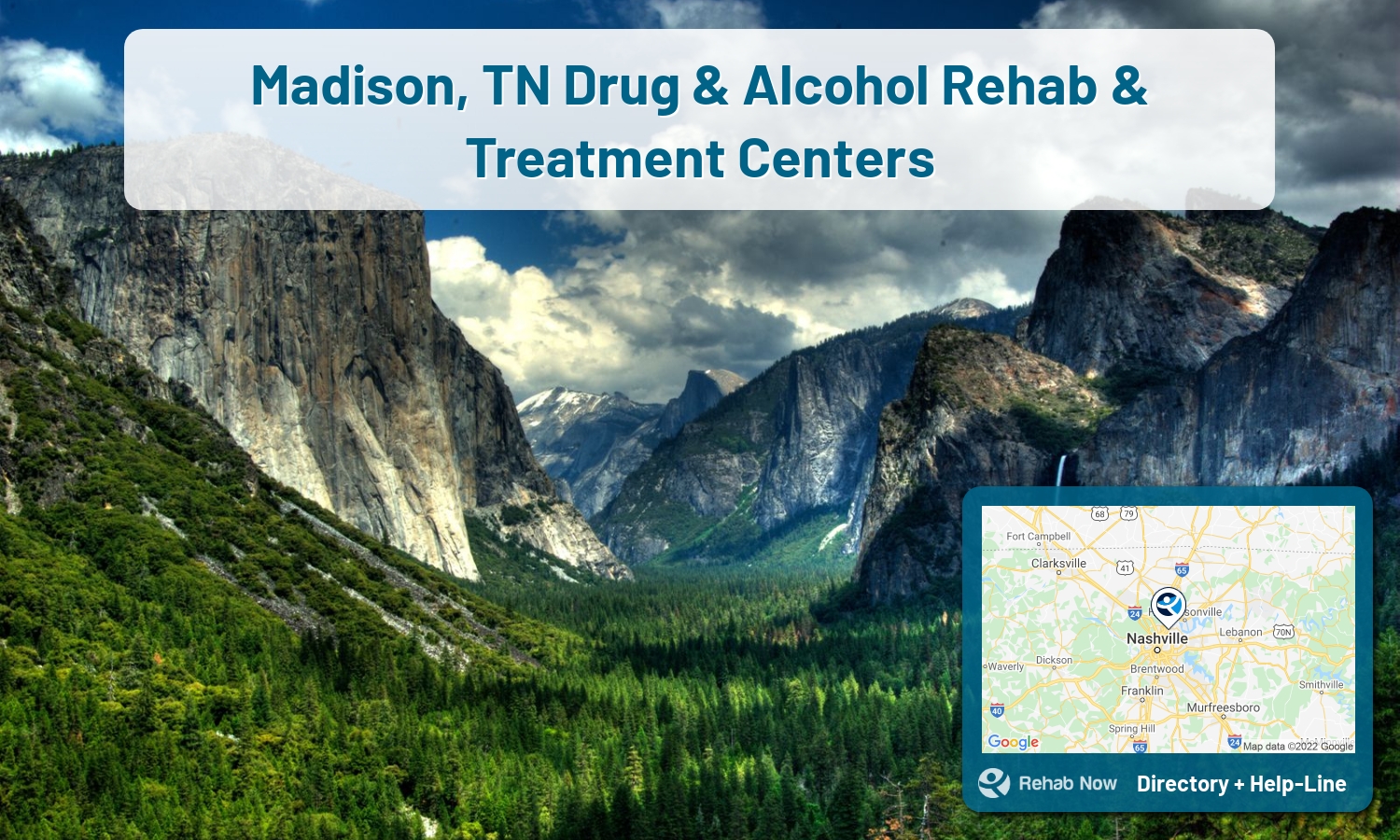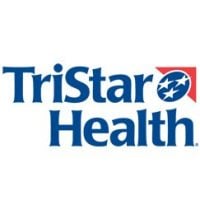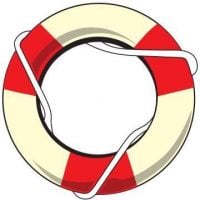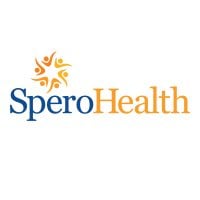Local Drug Addiction Treatment Programs in Madison, TN
The drug addiction problem in Madison, TN is significant. According to the National Survey on Drug Use and Health, approximately 9.2% of people in Tennessee had a substance use disorder in 2019. However, this number is likely higher in Madison, TN as addiction rates are often higher in rural areas.
The most commonly abused drugs in Tennessee are alcohol, marijuana, and opioids. However, there are many other drugs that can be abused, including stimulants, depressants, and hallucinogens. If you or someone you love is struggling with addiction, it’s important to get help as soon as possible.
Our list provides a variety of resources available in Madison, ready to help you or a loved one live a healthy, clean, alcohol-free and opioid-free life. Select a facility that fits your needs in our list below, or call us for individualized suggestions.
Free Tennessee Addiction Admissions Hot-Line
We will help you find treatment based on your location, budget, and specific needs and help you get started safely.
Free + Confidential Consultation
Browse 5 Centers in Madison, Tennessee
Skyline Madison Campus offers a comprehensive drug rehab program with experienced clinicians, detoxification services and medication-assisted treatment (MAT) as well as aftercare support services, all of which is accredited by JCAHO and SAMHSA, in order to enable individuals to focus on their healing journey and achieve long-term sobriety.


Centerstone Madison - South Gallatin Pike is a health center that provides comprehensive specialized care and services for individuals battling addiction, including opioid, drug and alcohol abuse, with a focus on helping them become sober, using aftercare, dual-diagnosis programs, intervention plans, outpatient levels of care, and private health insurance plans accepted by the facility.
GateHouse Treatment is an accredited rehab center in Madison, Tennessee that provides individualized treatment and support for those suffering from a variety of addictions, including alcohol, opioids, substances, dual diagnosis, drugs, and mental health issues.


Spero Health - Madison is a CARF-accredited treatment center dedicated to providing individualized and comprehensive care for Alcoholism, Substance Abuse, Drug Addiction, Mental Health and more, along with employment counseling, family therapy and Aftercare Support for those in need.

Halton Psychological Consultants
Halton Psychological Consultants offers evidence-based therapeutic interventions and treatment modalities for addiction and mental health, personalized treatment plans, and specialized treatment options while being accredited by CARF and licensed by the State of Tennessee.
Drug and Alcohol Treatment in Madison, TN
Recovery is a possibility for everyone struggling with addiction. No single approach to drug and alcohol treatment works for everybody, which is why it’s important to find a facility that meets your unique needs.

What Types of Treatment Are Available in Madison, Tennessee?
There are a variety of drug treatment options available for those looking to get sober in Madison, Tennessee. Some of these options include inpatient rehab, outpatient rehab, 12-step programs, and support groups.
Inpatient rehab is typically the most intensive form of treatment, as it requires patients to live at the rehabilitation center full-time while receiving treatment. This type of rehab is ideal for those with severe addiction problems.
Outpatient rehab is less intensive than inpatient rehab, as patients only attend treatment sessions at the rehabilitation center a few times per week. This type of rehab is ideal for those who have mild to moderate addiction problems.
12-step programs are free programs that are based on the 12 steps of Alcoholics Anonymous. Support groups are free or low-cost groups that meet regularly to provide support and advice to those struggling with addiction. These groups are typically run by recovering addicts who have been through the treatment process themselves.
Drug Abuse Statistics in Madison, Tennessee
In 2019, there were 474 drug overdose deaths in Tennessee. This number has likely increased in 2020 due to the COVID-19 pandemic and the associated stressors. The vast majority of overdose deaths in Tennessee are due to opioids. In 2019, opioids were involved in 349 overdose deaths, which is 74% of all overdose deaths.
In Madison, TN, the drug abuse statistics are also alarming. In 2018, there were 59 reported drug overdose deaths in Madison. This staggering number also shows that about 31% of people who die from drug overdose are young adults between the ages of 25 and 34.
- 29% of adults in Madison are considered binge drinkers.
- 19% of adults who abuse drugs started using before the age of 18.
- 37% of addicts in treatment report that their addiction began with prescription painkillers.
- 21% of addicts in Madison have attempted to quit on their own but were unsuccessful.
Additional Treatment Centers in Tennessee
Tennessee joins the list of states with an above-average rate for drug and/or alcohol-induced deaths. Most of these deaths are related to opioids, such as prescription opioids. The Volunteer State ranks 2nd highest in the nation for the number of prescriptions given out. The state also ranks at the top for prescription drug-related overdoses.
Still haven't found the right recovery center? Browse nearby Tennessee cities.
- Bolivar, TN (146.7 mi.)
- Dayton, TN (107.4 mi.)
- Pikeville, TN (94.9 mi.)
- Memphis, TN (203.9 mi.)
- Harriman, TN (121.1 mi.)
- Winchester, TN (80.6 mi.)
- Clinton, TN (142.8 mi.)
- Tiptonville, TN (155.7 mi.)
- Dyersburg, TN (151.8 mi.)
- Paris, TN (91.7 mi.)
- Oliver Springs, TN (131.4 mi.)
- Clairfield, TN (153.5 mi.)
- Memphis, TN (82)
- Nashville, TN (78)
- Knoxville, TN (57)
- Chattanooga, TN (45)
- Jackson, TN (21)
- Murfreesboro, TN (19)
- Johnson City, TN (16)
- Cookeville, TN (15)
How to Find A Reputable Drug And Alcohol Rehab Center
When you’re ready to get help for your addiction, the first step is finding a reputable drug and alcohol rehab center. There are many things to consider when choosing a treatment facility, such as location, cost, type of treatment, and success rates. It’s important to do your research to find a center that will give you the best chance at a successful recovery.
You can know if rehab is reputable by checking to see if they’re accredited by the Joint Commission. This organization sets standards for quality of care in healthcare facilities, and accreditation means that a facility meets or exceeds those standards. You can also look at reviews from past patients to get an idea of what their experience was like.
The best rehab facility will have a combination of evidence-based treatments and holistic therapies to address the physical, mental, and emotional aspects of addiction. Some common evidence-based treatments include cognitive-behavioral therapy, motivational interviewing, and family therapy. Holistic therapies can include yoga, meditation, acupuncture, and art therapy.
How to Prepare for Rehab
Once you’ve chosen a rehab center, the next step is preparing for your stay. This includes making arrangements for transportation to and from the facility, as well as getting your insurance squared away. You’ll also want to pack enough clothes and toiletries for your stay, and make a list of any medications you’re taking so the staff can help you with medication management.
If you have any pets, you’ll need to make arrangements for them as well. Some rehab facilities allow patients to bring their pets with them, while others require that they be placed in a pet boarding facility.
It’s also important to make a list of the people you want to contact when you’re in treatment. This can include family members, friends, and your workplace. You’ll need to let these people know that you’re going into treatment and how long you’ll be gone. It’s also a good idea to have someone you can call if you’re feeling tempted to use drugs or alcohol while you’re in recovery.
Making these arrangements ahead of time will help to minimize the stress of entering rehab.
What to Expect in Rehab
Rehab can be a scary place, but it’s also a place of hope. You’ll be surrounded by people who are also fighting their addiction, and you’ll be given the tools you need to overcome your addiction.
The first few days in rehab will be a time of detox, during which your body will rid itself of the drugs or alcohol you’ve been using. This can be difficult, but the staff will be there to support you.
Once detox is complete, you’ll begin your treatment program. This will include group and individual therapy sessions, as well as classes on addiction and recovery. You’ll also be given homework to do between sessions.
The goal of rehab is to help you learn how to live without drugs or alcohol. You’ll learn how to cope with stress, deal with cravings, and manage your emotions. The staff will also help you develop a support network of family and friends who can help you in your recovery.
How Do You Know If Rehab Is Working?
There are a few signs that rehab is working. The first is that you’re attending all of your therapy sessions and classes. You’re also doing your homework and participating in group discussions.
Another sign that rehab is working is that you’re starting to see results. This may mean that you’re no longer using drugs or alcohol, or that you’re using them less often. You may also find that your cravings are decreasing and that you’re able to cope with stress and emotions without turning to drugs or alcohol.
If you’re seeing these signs, it’s a good indication that rehab is working for you. However, if you’re not seeing any results, it may be time to consider switching to a different rehab center.
How to Handle Relapse
If you do relapse, it’s important to remember that it’s not a failure. It’s a part of the recovery process. The important thing is to get back on track as soon as possible.
The first step is to reach out to your support network. This can include your family, friends, therapist, or sponsor. These people can help you get through this difficult time.
The most important thing is to never give up on your recovery. With the right support, you can overcome any obstacle.
Our experts can help you find treatment now in Madison, Tennessee. We list drug rehab and alcohol centers in Tennessee. (888) 674-0062.




